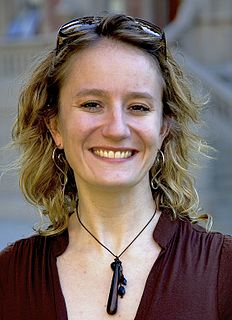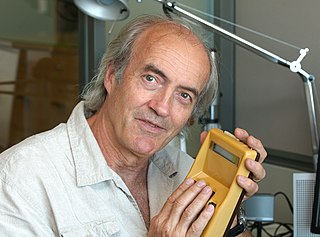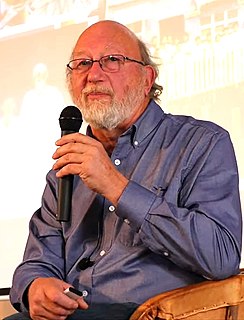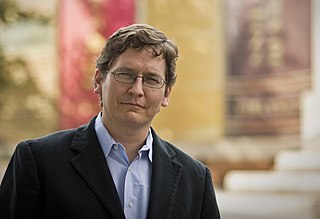A Quote by danah boyd
Privacy is not a static construct. It is not an inherent property of any particular information or setting. It is a process by which people seek to have control over a social situation by managing impressions, information flows, and context.
Related Quotes
Information is now a commodity that can be bought and sold, or used as a form of entertainment, or worn like a garment to enhance one's status. It comes indiscriminately, directed at no one in particular, disconnected from usefulness; we are glutted with information, drowning in information, have no control over it, don't know what to do with it.
Film is the packaging of information in cans. Videotape is involved with the feeding back of process. Film rips information away from the situation for use elsewhere. Videotape can be fed back into a given situation and enrich experience. Film extends man as a spectator. Videotape extends man as a cybernator. Film imports information. Videotape implodes indigenous data.
Many more children observe attitudes, values and ways different from or in conflict with those of their families, social networks,and institutions. Yet today's young people are no more mature or capable of handling the increased conflicting and often stimulating information they receive than were young people of the past, who received the information and had more adult control of and advice about the information they did receive.



































